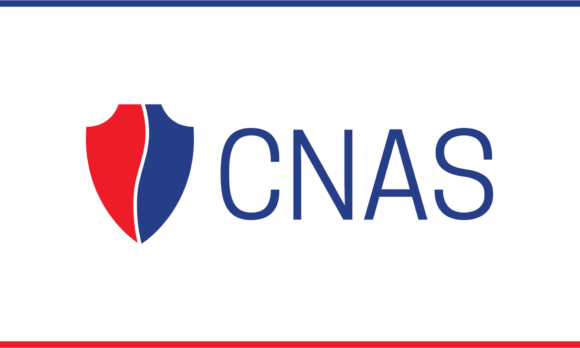Alliance Requirements Roadmap: How Do Partners Counter A2/AD?
From August 2015 until April 2016, CNAS’ Asia-Pacific Security Program collected a compendium of working papers to complement its Alliance Requirements Roadmap paper series. These papers were foundational to the analysis in the final report, “Dynamic Balance: An Alliance Requirements Roadmap for the Asia-Pacific Region.”
CNAS commissioned these working papers and the Alliance Requirements Roadmap series from experts on the U.S.-Japan alliance, anti-access area denial (A2/AD) challenges, and partner countries in Asia. This compendium of working papers is divided into three sections—Japan, functional areas, and country perspectives. Each chapter examines an issue related to how allies and partners can counter A2/AD challenges in the Indo-Pacific in the short-term and long-term.
The working papers in this compendium appear here in their original, unedited format. The views expressed are not necessarily a reflection of CNAS’ views and are the authors’ alone. They are solely responsible for any errors in fact, analysis, or omission.
Reports in this Series
The U.S.-Japan Alliance: Responding to China’s A2/AD Threat
In this paper, Japan Maritime Self-Defense Force Vice Admiral (Ret.) Yoji Koda looks into China’s regional and underlines the importance of a closely knit U.S.-Japan alliance ...
Third Offset Strategy and Chinese A2/AD Capabilities
Richard A. Bitzinger, Senior Fellow and Coordinator of the Military Transformations Program at the S. Rajaratnam School of International Studies, examines the feasibilities of...
Smarter Naval Power in the Indo-Pacific Region
In this paper, CNAS Military Fellow Commander Jennifer Couture points out that countering China’s A2/AD strategies in the future not only requires advanced technology, but cal...
Security Cooperation: The Key to Access and Influence in the Asia-Pacific
In this paper, BowerGroupAsia Senior Director Desmond Walton examines the increasing value returned by the development of strategic networks of regional military relationships...
The Promise of Unmanned Systems in the Asia Pacific
In this paper, CNAS Associate Fellow Kelley Sayler analyzes the proliferation of unmanned systems—particularly UAVs—within the framework of the increasingly contentious issue ...
Flashpoints, Escalation, and A2/AD
In this paper, CNAS Senior Fellow Dr. Mira Rapp-Hooper examines three prominent escalation scenarios in the Asia-Pacific in the context of China’s developing area-denial/anti-...
Exploiting Amphibious Operations to Counter Chinese A2/AD Capabilities
In this paper, Japan Forum Senior Fellow Colonel Grant Newsham, USMC (Ret.) examines how a mobile amphibious force with air, sea, and ground capability can effectively degrade...
About the Project
From August 2015 until April 2016, the CNAS Asia-Pacific Security Program examined how the United States, together with its allies and partners, counter anti-access and area-denial (A2/AD) challenges in the Indo-Pacific in the short-term and long-term. A major part of this research focused on leveraging emerging technologies and concepts of operations associated with developing Third Offset and strategies. This study aims to recommend a practical and integrated strategy for bolstering a regional network of allies and partners.
Featured Experts
-
Patrick M. Cronin
Senior Advisor and Senior Director, Asia-Pacific Security Program
-
Mira Rapp-Hooper
Senior Fellow, Asia-Pacific Security Program
-
Harry Krejsa
Research Associate, Asia-Pacific Security Program
Recent Blog Posts
Dynamic Rebalance: An Alliance Requirements Roadmap
On May 26, 2016, CNAS hosted a rollout event for the Asia-Pacific Security Program’s latest report titled “Dynamic Rebalance: An Alliance Requirements Roadmap.” The authors be...
Crouching Tiger: What China's Militarism Means for the World
On December 7, 2015, CNAS’s Asia-Pacific Security Program hosted a roundtable discussion on Chinese military modernization and Peter Navarro’s recent book and miniseries on th...
The Future of the Japan Self-Defense Forces: Implications for the Alliance and Regional Security
The CNAS Asia team recently hosted an experts’ briefing on the future of the Japanese Self-Defense Forces (JSDF). The first of our Alliance Requirements Seminar Series, the ev...





